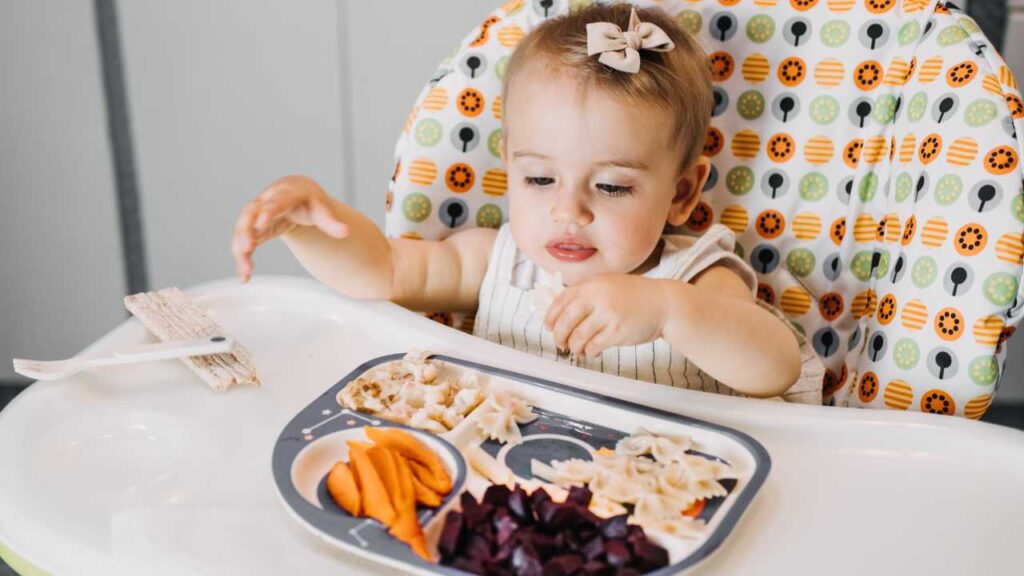Babies start with breastfeeding from day one of life unless there are some unwarranted circumstances. When breast milk is not available, babies are usually placed on formula, that is, baby’s food made from animal’s milk.
From around the age of 6 months, you should start feeding a child with baby food slowly. During this period, neither breast milk or milk formula would be able to satisfy the baby. From the age of six months, complementary foods should be introduced into the baby’s diet.
When should the baby get semi-solid food and solid food?
Up until around the fourth to the sixth month of life, babies should be fed breast milk or special infant formula that contains all the essential nutrients. From the fifth to the seventh month, you start to feed the baby with baby food in addition to milk.
See also: Uses, Applications, and Benefits of Evening Primrose Oil
From around the 10th month onwards, the child can slowly be switched to the normal food of the family. However, you should always help your baby to break down the food for easy consumption.
Which Foods are suitable for the baby and which are Unsuitable?
Spices and herbs, which often have a health effect, should not be added to the baby food, Chaktty advised.
If there are many allergy sufferers in the family, it is advisable to avoid adding nuts, wheat, soy products, and eggs to baby food for the first 12 months; After this time, however, these foods must be on the baby’s menu so that it is supplied with all the important nutrients.
Although it is possible to feed a child on a vegetarian basis, a nutrition plan must be drawn up with the paediatrician in any case, as otherwise dangerous deficiency symptoms may occur. Also, postnatal care of the baby is very important so the doctor can check him from time to time, and give personalised advice on the care of the baby.
From there, you can choose which food or drug to give to your baby, and the ones that should be avoided.
See also: Exploring the Nutritional Benefits of Chia Oil
How Do You Make Your Baby Food Yourself?
It is very easy to make baby food yourself and you know what you have. First, if your baby is less than 4 months old, you can buy formula, usually made with milk and cereals.
If your baby is over 6 months, you can buy different cereals, process it into powder and prepare it for your baby as palp.
In many ready-made baby foods, there are often many more ingredients than necessary and good for the child, which is why homemade baby food is a very good and easy-to-make alternative. The best way to get the baby used to the food is to first offer it a sweet variant that is most similar to milk.
The following ingredients are suitable for making baby food:
Vegetables (carrots, potatoes, parsnips, zucchini)
- Pasta or rice
- grain
- potatoes
- fruit
- meat
The food is steamed in a little water until it is nice and soft, then pureed with a hand blender, and then added 1-2 teaspoons of oil.
You can cook the porridge well in advance and freeze it – to thaw the porridge is heated until it boils, so that any germs are killed.








